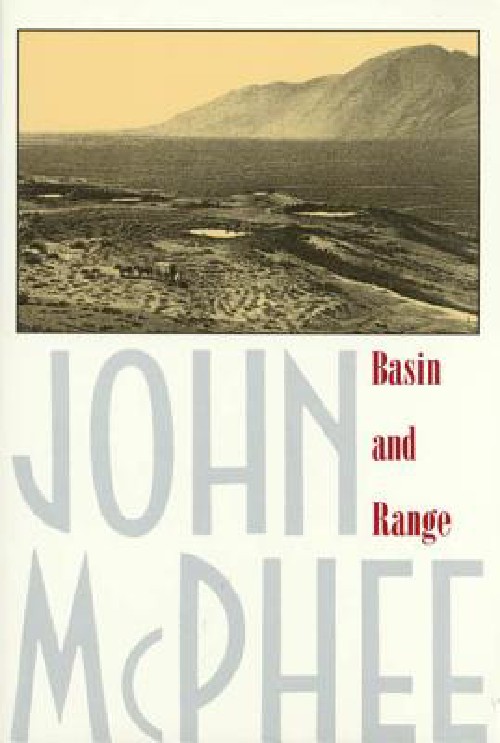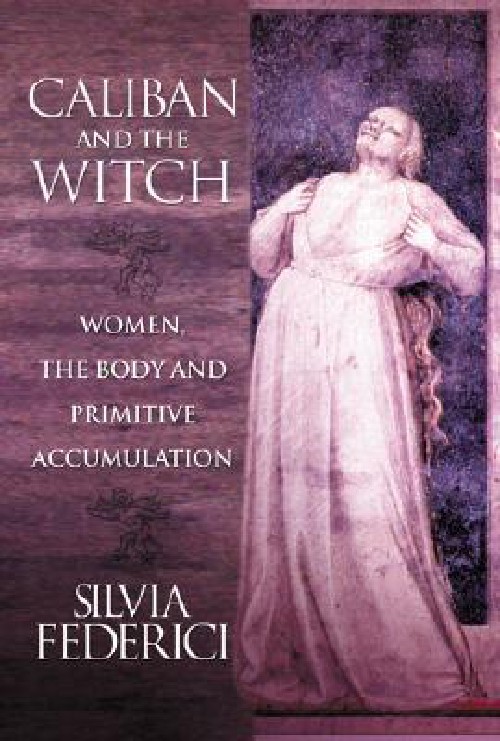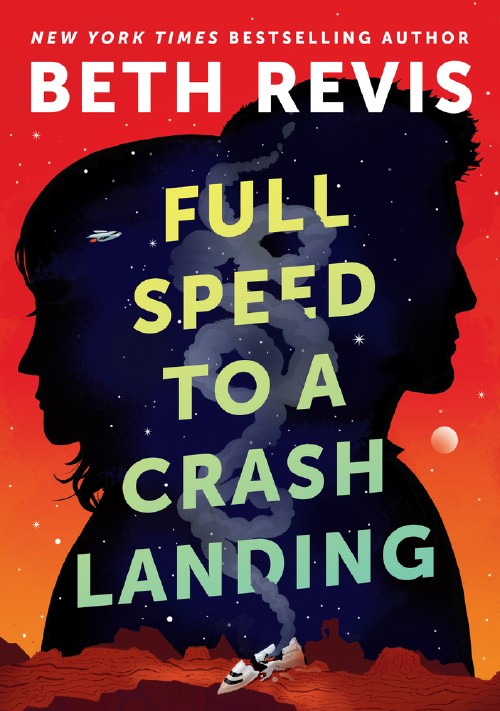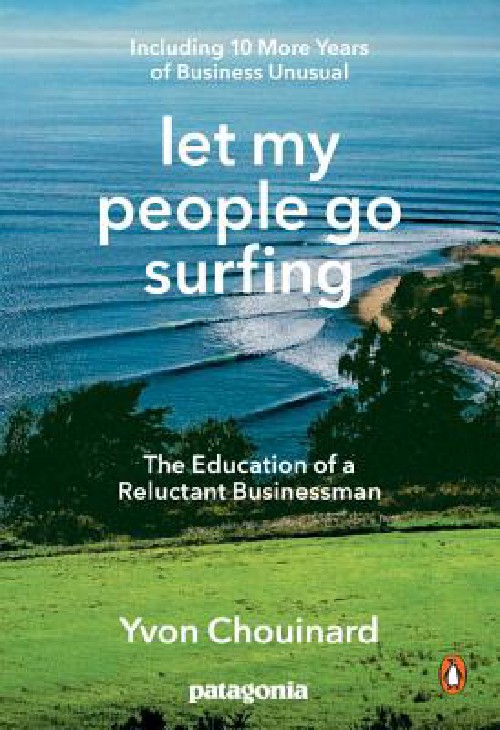The first in this series, Parable of the Sower, introduces us to Lauren Olamina, a young woman who has developed a belief system named Earthseed derived from truths about the universe. She understands her purpose on earth to be sharing Earthseed and pursuing its destiny. Parable of the Talents takes place a few years after the first novel, in the growing community she has established with other supporters of Earthseed, a community called Acorn.
Both books unfold as entries in Olamina’s journals, but Talents introduces a guide that prefaces some of the entries with more information. One thread of the novel is the ongoing revelation of who the narrator is and why the journal entries from Olamina matter to the speaker.
Both of these novels are extremely heavy; all the horrors that humans are capable of are present in the near-future America that Earthseed is growing in. Butler writes presciently about the way religion is wielded to generate power, she explores the ways that fascists and demagogues tap into people’s desires and lead them into down paths that are extremely destructive. But she’s also curious about how humans survive in the midst of horrors, how we fight to retain hope and humanity and possibility.
In the few decades since initial publishing, Butler’s work has show her wisdom to be startingly prescient; Talents features a man winning the presidency with the slogan “Make America Great Again,” which causes a massive rise in violence against the weak and marginalized in society. Butler’s insight into our future and the ways humans act as society crumbles makes these books important and well worth reading.
On a personal note, I struggled to finish Talents much more than I did with Sower. I think, ultimately, I just didn’t quite believe the characters. The narrator guiding us through the journal entries should have been wrestling more what she found in them, but she didn’t. Sower had characters that I was with the entire time, the writing was visceral and intense, the horrors felt real. Talent felt detached, a bit forced. There was an ending Butler felt like she was writing towards and a lot of the things that happened in the book felt necessary to ensure the ending rather than a result of the characters being themselves. I’ve talked to other friends who’ve read the book and their experiences were not the same, so by all means do not think of this as an argument against reading the book, just my personal experience of the reading.



